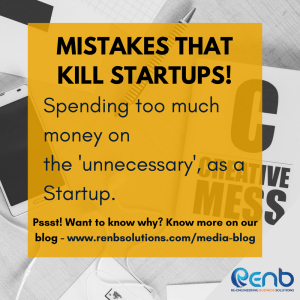

This can often be confused with raising little money. If you do run out of money it can be either of the two mistakes – you raised too little, or you blew through it too fast. You can often distinguish between the two simply by looking at the amount you raised. If you raised a large amount of money and still ran out of it – you have a spending problem.
This problem seems to be dwindling in new age startups. The basic costs to set up a company have been getting cheaper by the day. HOWEVER, the cost of human resources is always high. There are many areas such as HR where startups can tend to get carried away. It is here that you need to be extra cautious.
Hire only the people you need and don’t underestimate your balances.
This can often be confused with raising little money. If you do run out of money it can be either of the two mistakes – you raised too little, or you blew through it too fast. You can often distinguish between the two simply by looking at the amount you raised. If you raised a large amount of money and still ran out of it – you have a spending problem.
This problem seems to be dwindling in new age startups. The basic costs to set up a company have been getting cheaper by the day. HOWEVER, the cost of human resources is always high. There are many areas such as HR where startups can tend to get carried away. It is here that you need to be extra cautious.
Hire only the people you need and don’t underestimate your balances.

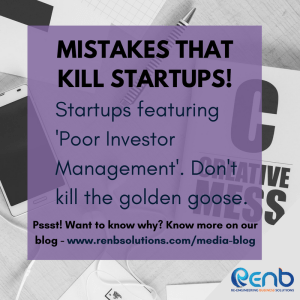
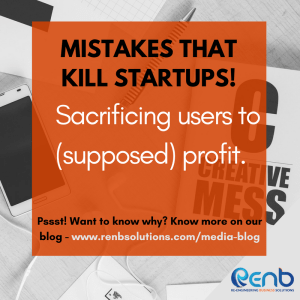
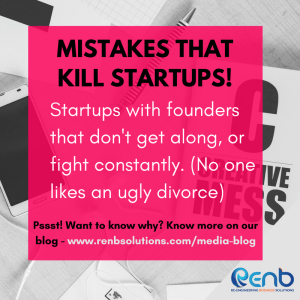
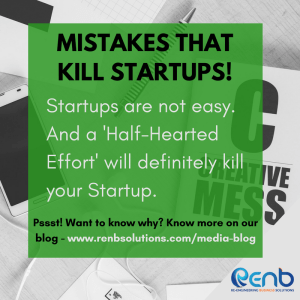
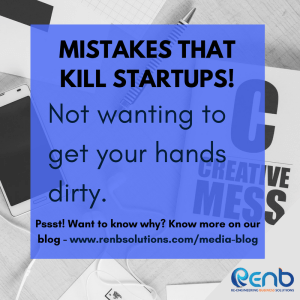


Recent Comments